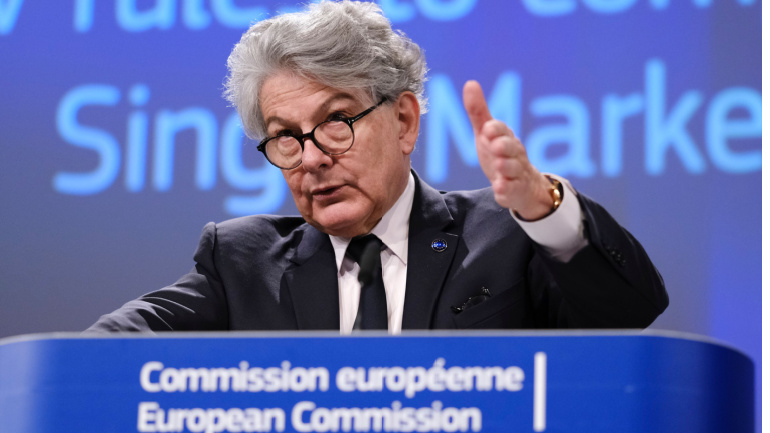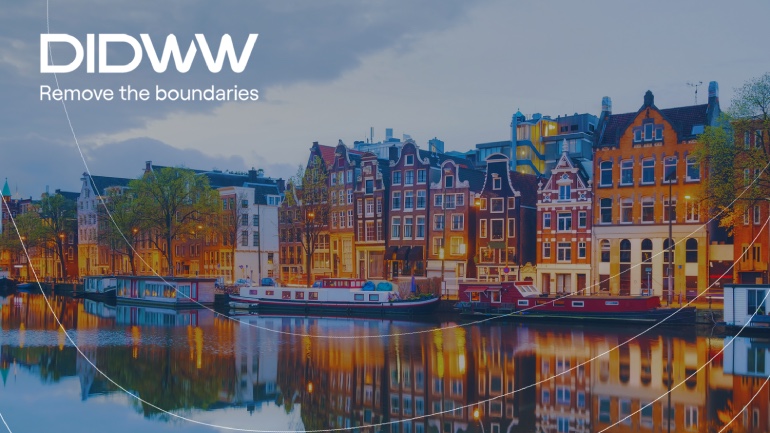Virgin Media O2’s decision to offload part of its Corneridge UK towers business to GLIL Infrastructure for £360 million marks a key shift in telecom infrastructure ownership. However, this move falls short of industry valuations, indicating price reductions in the investment market. Despite this, VMO2 retains operational and strategic control in this critical asset, striving to enhance 4G connectivity and intensify 5G rollout. This move aligns with the firm’s wider strategy, marking the start of a potentially transformative series of ambitious deals, lightening its footprint while driving growth.
European telecoms investment firm, Zegona Communications, is reportedly in advanced talks with Vodafone to acquire a hefty stake in Vodafone Spain. Negotiations heat up amid rising competition in Spain’s telecoms market and looming industry-wide reshuffles. However, questions remain about the potential investment’s structure and implications for Vodafone’s balance sheet.
Vodafone’s recent triumph, a successful trial achieving 5 Gbps using the upper 6 GHz band for mobile signal transmission, highlights the upcoming decision on spectral band division at ITU’s WRC23. Through this trial, performed on Madrid’s Vodafone campus, engineers established the 6 GHz band can provide coverage on par with existing 5G networks.
At the European Conference on Optical Communication, Huawei’s cutting-edge FTTR solution solidified its standing as the industry leader by winning the Most Innovative PON/5G/FTTx Product Award. Catering to a wide range of users—from homes to small businesses—Huawei’s solution offers superior bandwidth, minimal latency, uninterrupted Wi-Fi connectivity, and self-management capabilities, making it a favorite among global broadband users and operators. Moreover, it’s built on a point-to-multipoint all-optical networking architecture, providing ultra-gigabit Wi-Fi networks. Remarkably, the FTTR rollout is efficient and aesthetically pleasing, using a unique self-adhesive transparent optical fiber with fast deployment times.
In a bold amalgamation move, Orange and MasMovil are set to combine their Spanish telecom operations in a €19 billion deal. European regulators, however, have expressed concerns, fearing a spike in consumer costs due to a potential market monopoly. To address these apprehensions, Orange and MasMovil are shedding some assets, with Romanian telecom Digi earmarked to acquire parts of the business, paving the way for a more competitive landscape. Californian tech enthusiasts, early adopters and IT professionals are keenly observing this development, which is seen as a yardstick for regulator sentiment towards large-scale telecom consolidation in Europe.
EXA Infrastructure, the largest dedicated digital infrastructure platform connecting Europe and North America, today announced it has added a fifth transatlantic route to its network footprint with the addition of the Dunant cable, connecting the US and Europe via a southern corridor across the Atlantic. This new route complements EXA’s existing cables, connecting Paris and Bordeaux in France to the large data centre clusters of Virginia Beach, Richmond and Ashburn in the US. This new route offers excellent diversity from other transatlantic cables, as well as connecting to EXA’s extensive European backbone onwards to Madrid, Barcelona and Marseille via differentiated routes.
Phoenix Tower International’s acquisition of NOVEC’s German unit offers a lucrative entry point into a high-potential European market, despite a downturn in mergers and acquisitions within the tower sector. This pivotal move solidifies Phoenix Tower’s expansion strategy, leveraging Germany’s stature as Europe’s largest economy and a global wireless build-out hub. Intriguingly, Phoenix’s bold move contrasts with rivals like Cellnex, who have curbed spending due to financial pressures. This daring feat underscores the fluidity and continuous evolution in the telecommunications infrastructure sector.
Thierry Breton, Internal Market commissioner of the European Commission, is advocating for a unified European telecoms market, anticipating advancements in growth, innovation, and swift adaptability to emerging technologies. Arguing against the current market fragmentation, he believes regulatory easing on issues like spectrum acquisition could invite investors to support future networks. Simultaneously, telecom operators suggest cross-border consolidation as a potential path when local financial conditions improve.
As the Competition and Markets Authority gears up for an official investigation about the planned merger between Vodafone and Three, concerns such as reduced consumer choices, price hikes, and changing market dynamics are cropping up. Simultaneously, anticipation builds over potential improvements and expansive opportunities the merger might usher in for the UK’s mobile network scene.
DIDWW, a global provider of premium quality VoIP communications, two-way SIP trunking and SMS services for businesses and telco carriers, has established its new Point of Presence (POP) in Amsterdam. This latest addition is now ready to deliver robust performance, efficiently handling customer voice traffic and ensuring enhanced connectivity.













